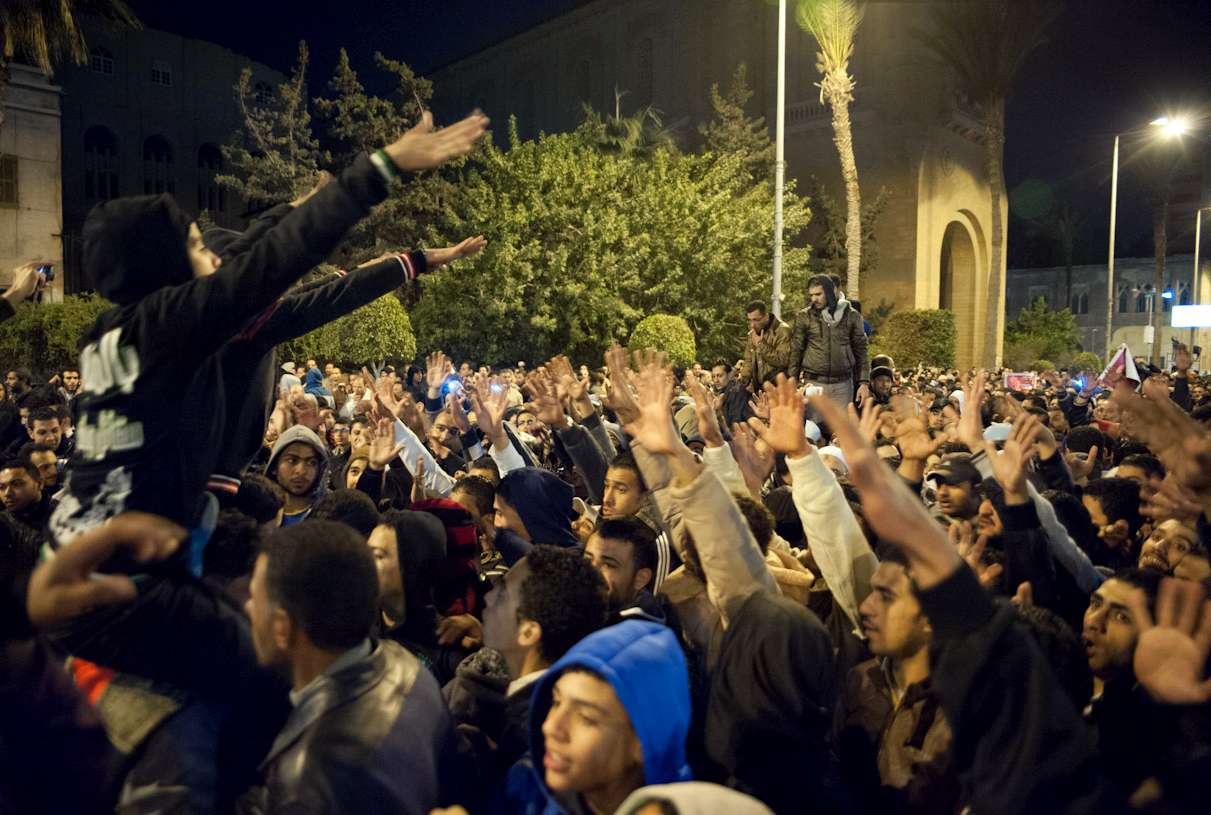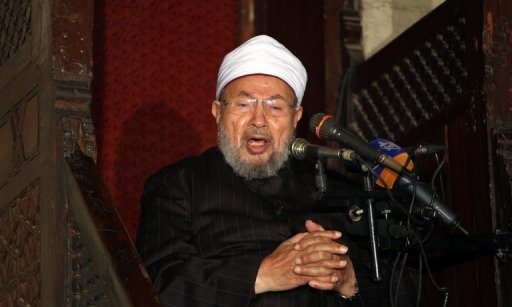
AFP Photo / Stringer
A joint statement released on Friday signed by 22 human rights organisations condemned the “authoritarian trends pursued by the party of President Mohamed Morsi”, the Freedom and Justice Party (FJP), as well as Morsi’s government. The organisations also condemned “the lack of respect for international standards of human rights, particularly with regard to freedom of association”.
The statement also lashed out at the government for suppressing the rights of Non-Governmental Organisations (NGOs) to function freely, “through arbitrary restrictions on financial resources association” with foreign entities, and through interferences by security forces in their work. Such restrictions, the signatories said, lack any legal basis.
The restrictions mentioned are part of a new NGO draft law restricting cooperation between local NGOs and “foreign entities”. The law stipulates that local NGOs can only engage with foreign entities after gaining permission from security agencies. The wording of the law is so vague, Amnesty International said, that it effectively represented “a new low”, one that likely includes restrictions on association with bodies such as the United Nations.
The NGO law, the statement continued, is effectively a reproduction of the Association Law which former president Hosni Mubarak attempted to pass a few months prior to the 25 January Revolution.
This law, said the joint statement, is also an attempt to deal a fatal blow to human rights organisations, and to secure the return of the repression and torture methods practised by the old regime, facilitating the task of suppressing freedom of expression and the press as well as the elimination of the protection afforded by human rights organisations for victims of human rights violations.
“The draft law submitted by the FJP adopts the same repressive framework found in the Ministry of Insurance and Social Affairs draft of the law,” the statement said. “It aims to nationalise civil society, designating the assets of civic associations and bodies’ public funds, as well as domestic funds received by foreign organisations.” According to the law, the insurance minister retains the right to reject funding for NGOs without stipulating cause, with foreign NGOs subject to the whims of a coordinating committee comprised of members from several ministries and intelligence agencies.
The Cairo Institute for Human Rights Studies (CIHRS) published a report last month which criticised the FJP for attempting to nationalise civil society through the NGO law.
NGOs such as the Egyptian Initiative for Personal Rights (EIPR) regularly work with foreign entities such as the United Nations. Yasmin Hossam, an EIPR lawyer, said her organisation would continue to work with the UN and would be submitting a report to them regarding these restrictions.
The signatories also criticised the president and the FJP, who they say are attempting to stifle freedom of speech and the free media. The statement said that this was an attempt by the ruling regime to continue with human rights violations without any accountability.
The signatories also explained how they had defended the Muslim Brotherhood and their members under Mubarak, providing legal representation and defending their rights. Now that the Brotherhood has become the ruling party and no longer needs to be defended by NGOs, the statement said, the group is seeking to stop the activity and sources of funding of human rights organisations. “It is the people who became victims of repressive policies and orientations,” it said.
In addition to the CIHRS and the EIPR, signatories to the statement included the Arabic Network for Human Rights Information (ANHRI) and the Egyptian Centre for Women’s Rights (ECWR).



